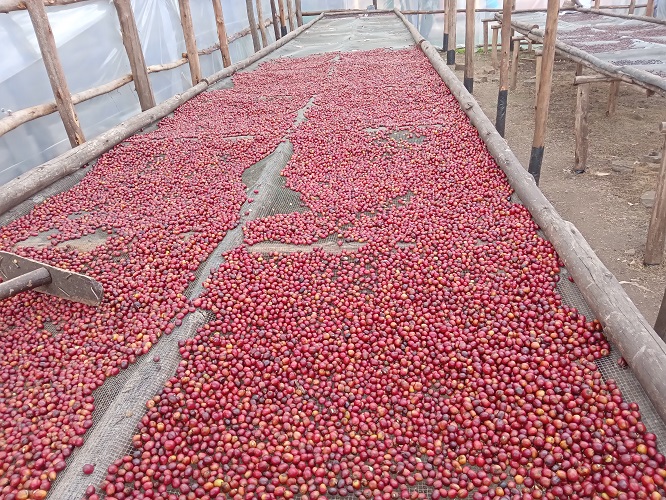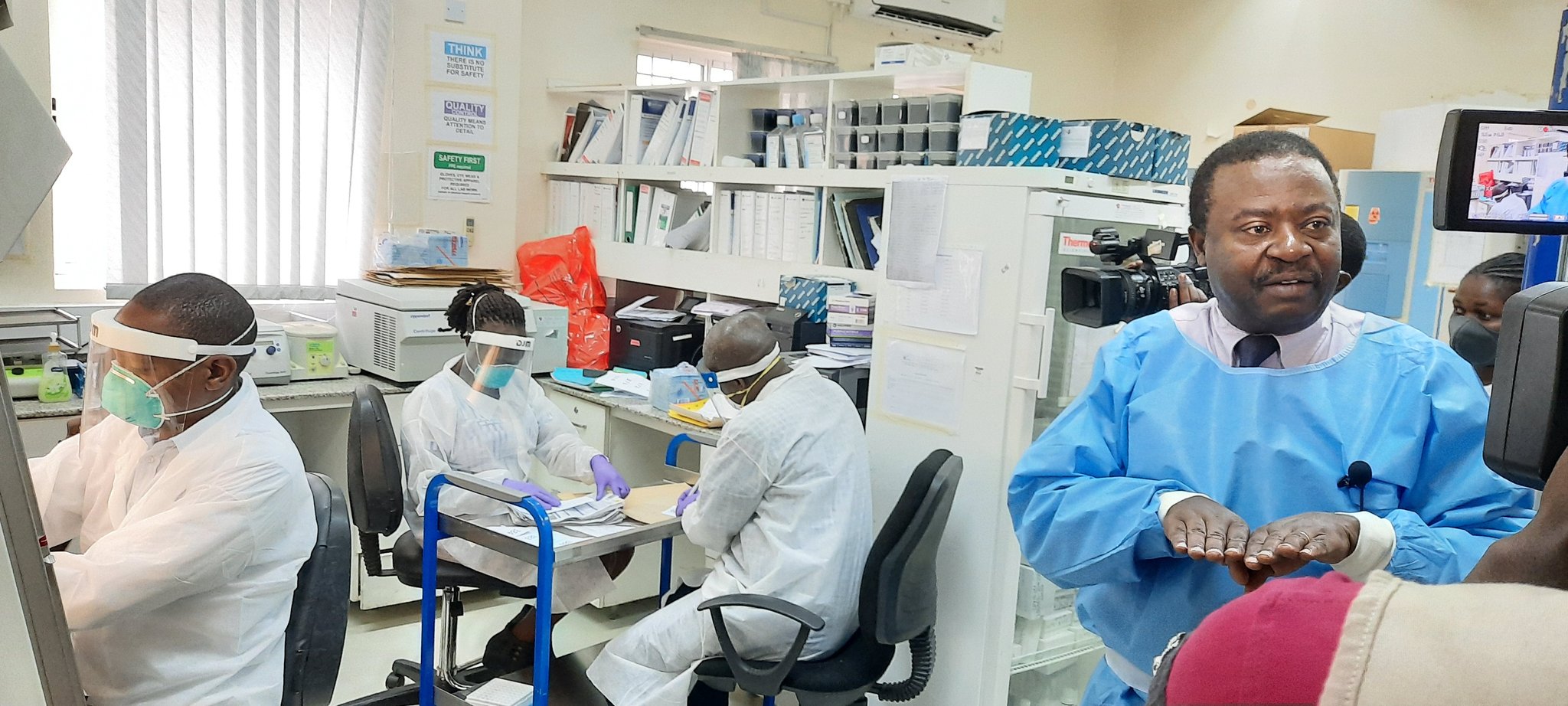Uganda is known for producing quality coffee/Photo taken at Mugamba Coffee Farm
By Dr. Ian Clarke
There is a widespread belief that Uganda and other coffee producing countries are getting a poor deal in the global marketplace – that raw coffee is purchased at an artificially low price while the finished product is sold at a high price.
On the face of it, this is another case of rich countries in the northern hemisphere taking advantage of poor countries in the south.
However, while there is certainly market manipulation with a few large companies controlling the global coffee market, the problem is that it is difficult to mass produce the finished product in a producer country for the international market.
As the popularity of coffee has increased worldwide, cheap soluble coffees such as Nescafe, or our own Star Café, have not increased in sales volumes.
It is high quality coffees, sold either as beans or ground coffee, which make up this growing market.
Such coffees are used to produce a bewildering variety of coffee drinks such as Latte, Cappuccino, Americano, Espresso, filter coffee, and many others, while instant coffee has not increased in volumes. Coffee has become like wine where the discerning buyer selects a certain type of grape from a certain country from a particular year. In the same way, people will select a coffee from the Ethiopian highlands or the Columbian Mountains that is said to have distinct flavours.
There are snobbish wine drinkers who like to display their knowledge of different wines.
We also have coffee buyers who are willing to pay a high price to get the exact type of coffee they want.
The reason that Ugandan coffee has not been prominent, either in coffee shops or on the supermarket shelves internationally, is that 80% of Ugandan coffee is Robusta which is often perceived as an inferior coffee to Arabica.
Lower quality Robusta can be used for soluble coffee, but high quality Robusta can be blended with Arabica to make excellent coffees with a more full-bodied flavor and a better caffeine kick. This explains why Ugandan coffee is popular in Italy where taking their morning espresso shot is a way of life.
In the coffee value chain, coffee moves from the farmer to the hulling factory, to the middleman to the exporter where the coffee is cleaned, graded and packed for export.
The exporter usually sells to an importer or agent who sells to a distributor, who sells to a roaster. The roaster roasts, packs and either sells to a supermarket, or to the coffee shops.
There are now an increasing number of micro-roasters who buy from local distributors and roast in the coffee shop itself for their own customers.
There are three ways in which Ugandan farmers can get a higher price for their coffee. The first is to produce higher quality coffee. Ugandan Robusta is probably the best Robusta in the world, but farmers often produce low quality through poor pest control, poor agronomy and poor post harvest handling so they get the lowest price.
The second way is good agronomy – looking after the coffee bushes so that they produce higher yields, which gives more income to the farmer.
The third is to sell higher up the value chain. If I sell to a middleman, I will get a lower price than if I sell direct to the exporter, and if I can process the coffee ready for export I can still get a higher price. If I can produce high quality specialist coffee for a roaster abroad I will get an even higher price, but they have exacting standards.
Some people believe that if we just roasted our own coffee in Uganda and sold it internationally, we would be getting the best value addition, but there are certain obstacles to this.
With the new trend in coffee, the consumer prefers his coffee to be freshly roasted, which means that the roasting takes place in his home country.
It is therefore difficult to roast and package coffee in Uganda and sell it in Europe or America.
Some Ugandans are roasting here and selling on Amazon, but this on a relatively small scale.
Farmers should be concentrating on improving the quality of their coffee, while national organisations such as Uganda Coffee Development Authority (UCDA) should be opening up markets for such coffee.
There are some cooperatives and organisations that have been very successful in this model and get best prices for their coffee, but on the whole, farmers are left to sell their coffee to middlemen and continue to produce poor quality coffee.
A soluble coffee plant could add value to Ugandan coffee by using the very lowest quality coffee we produce to make instant coffee. However, the market is not growing in the low value instant coffees, but in higher quality coffees.
Uganda needs to create awareness that it is a producer of high quality Arabica and Robusta coffee, which will create a global demand and help to raise prices.
UCDA should improve its marketing strategy, and district agricultural officers should improve their training of farmers.
The author is a prominent coffee farmer and entrepreneur





